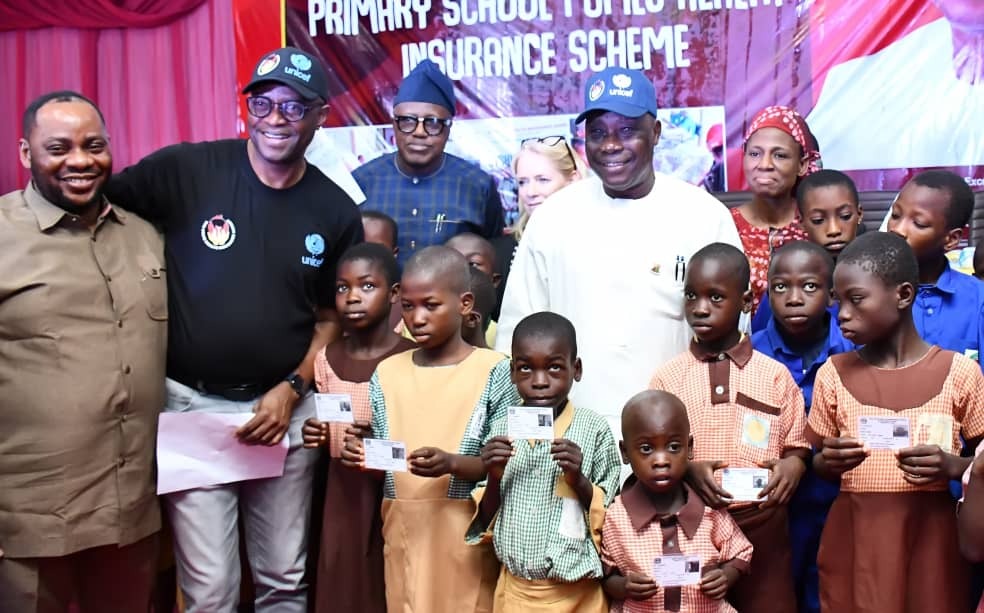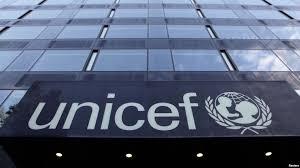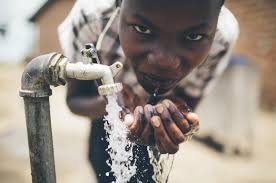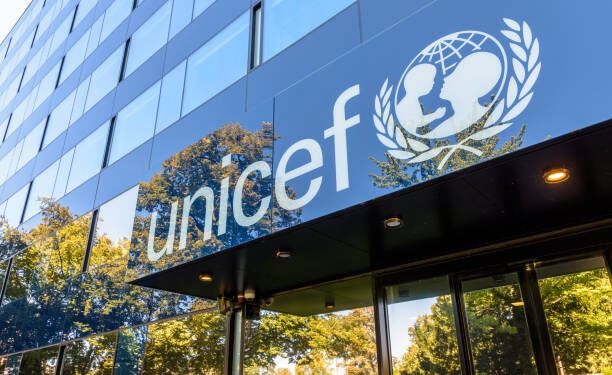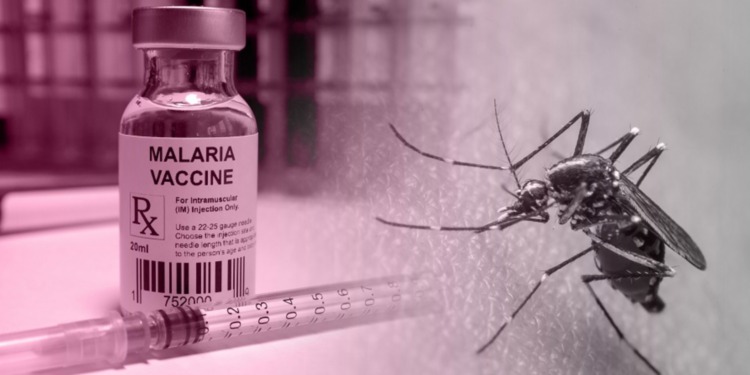The Oyo State government, in collaboration with the United Nations Children’s Fund (UNICEF), has launched a health insurance scheme aimed at enrolling 10,000 primary school pupils across 18 local government areas (LGAs) in the state. The initiative was unveiled on Thursday at the Ibadan Civic Center, Idi-Ape, where the Deputy Governor, Bayo Lawal, presented Insurance …
